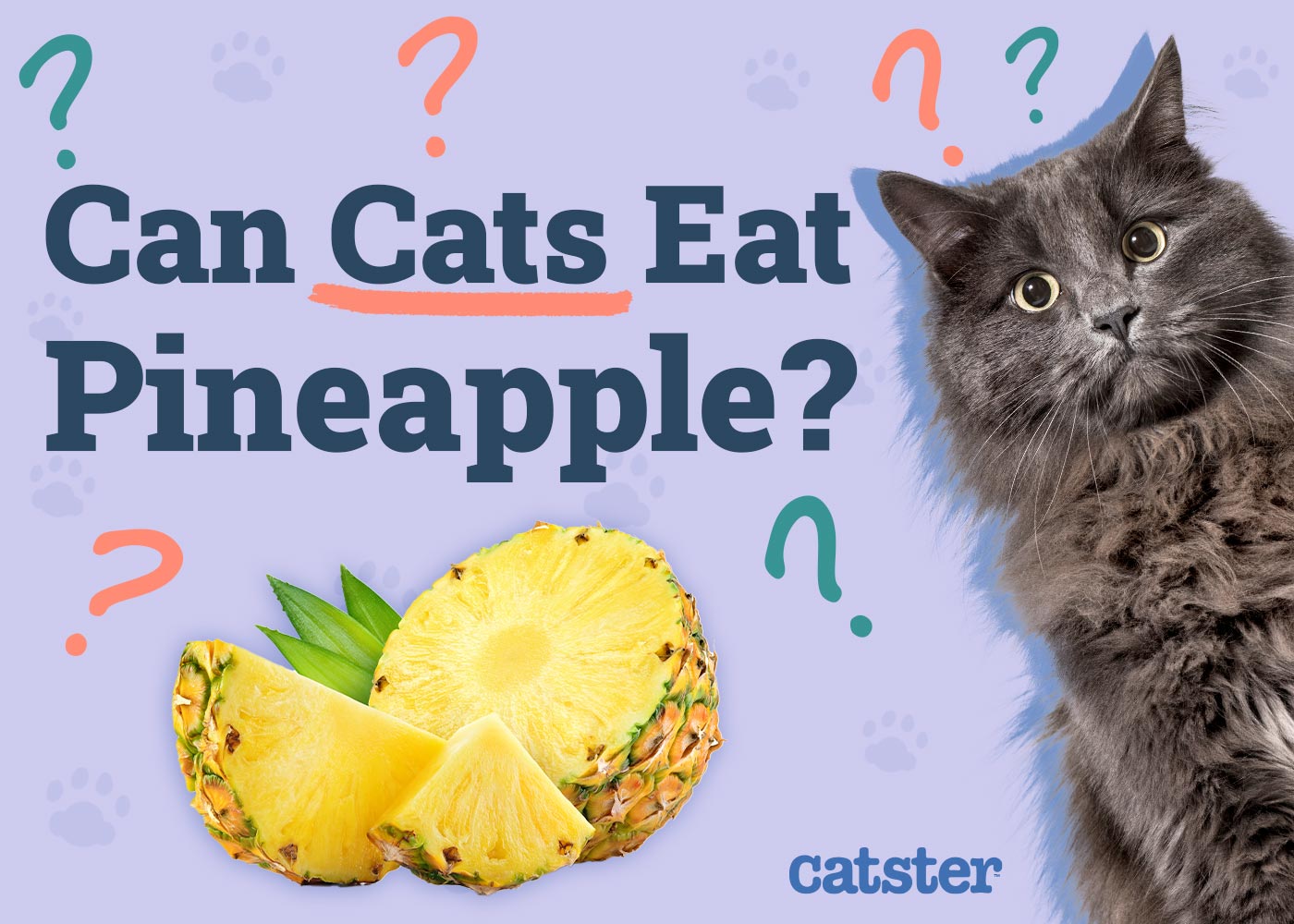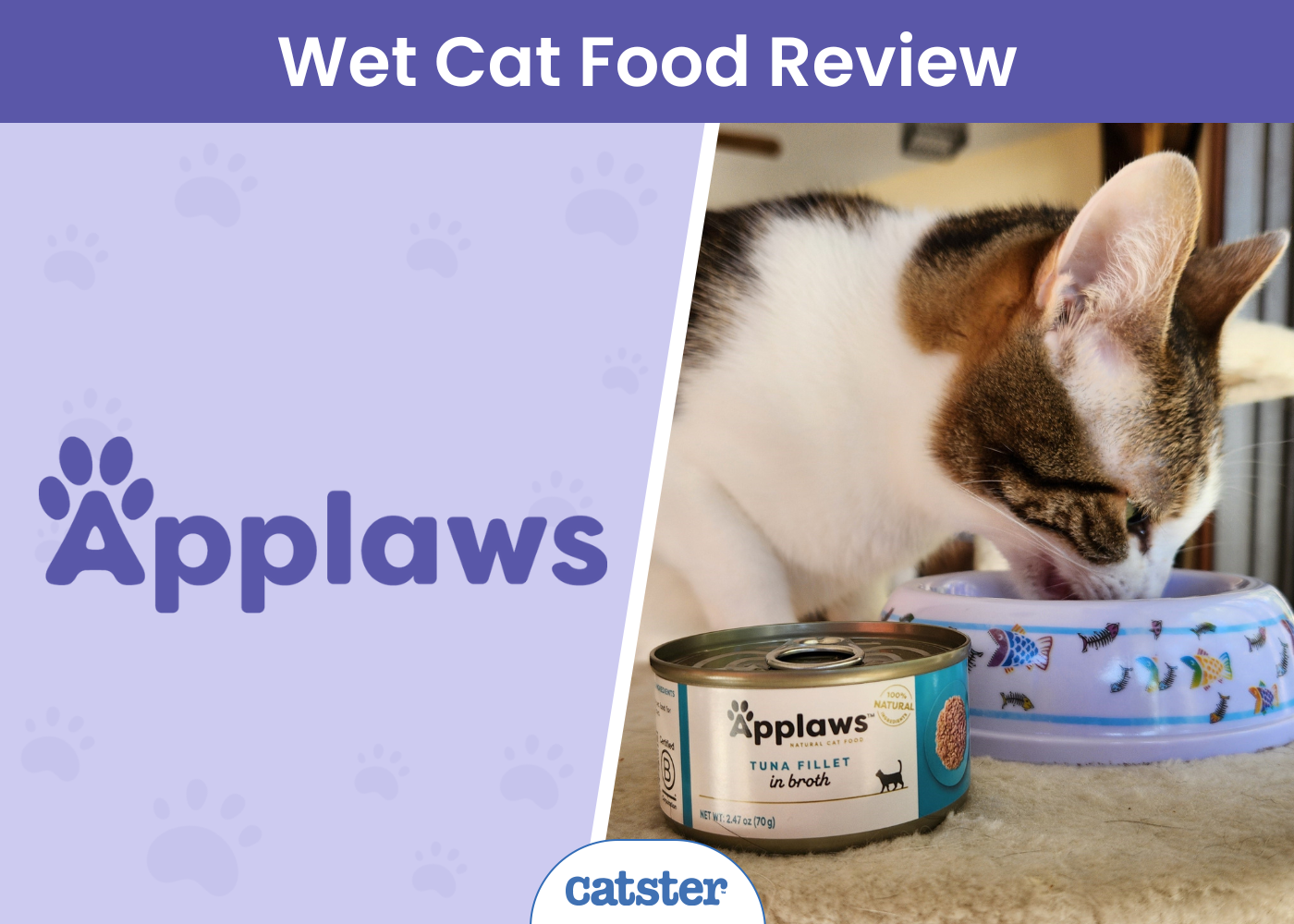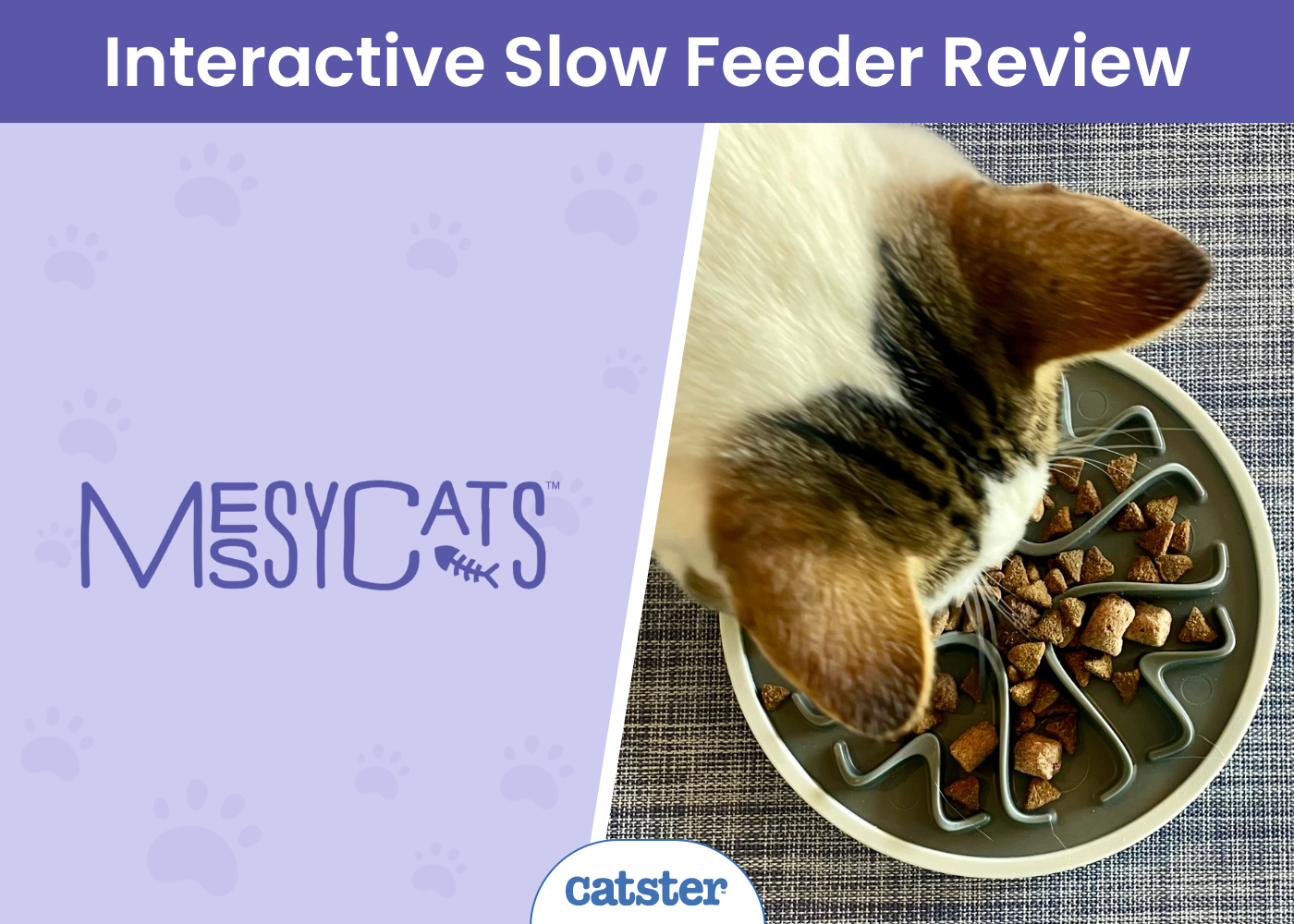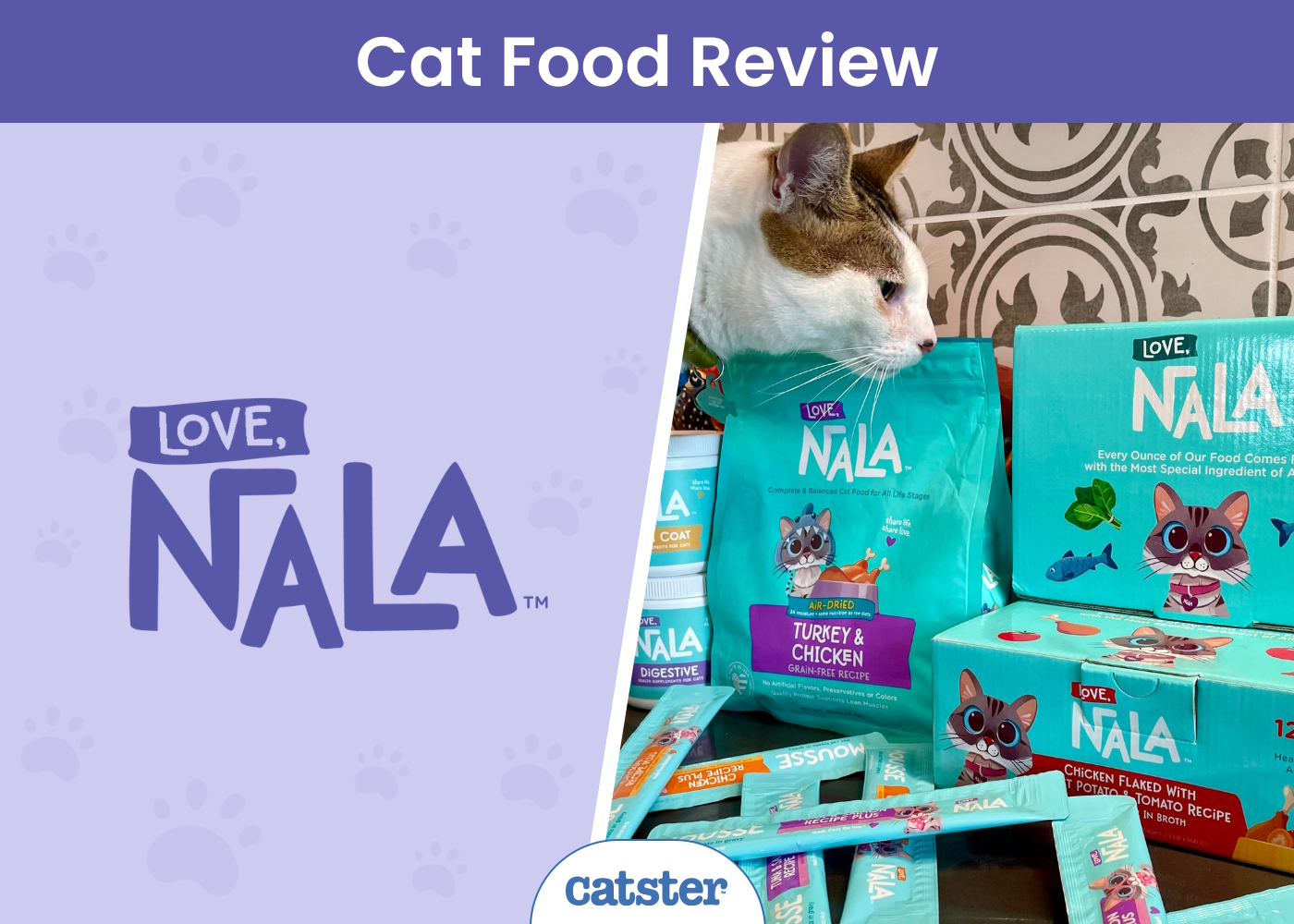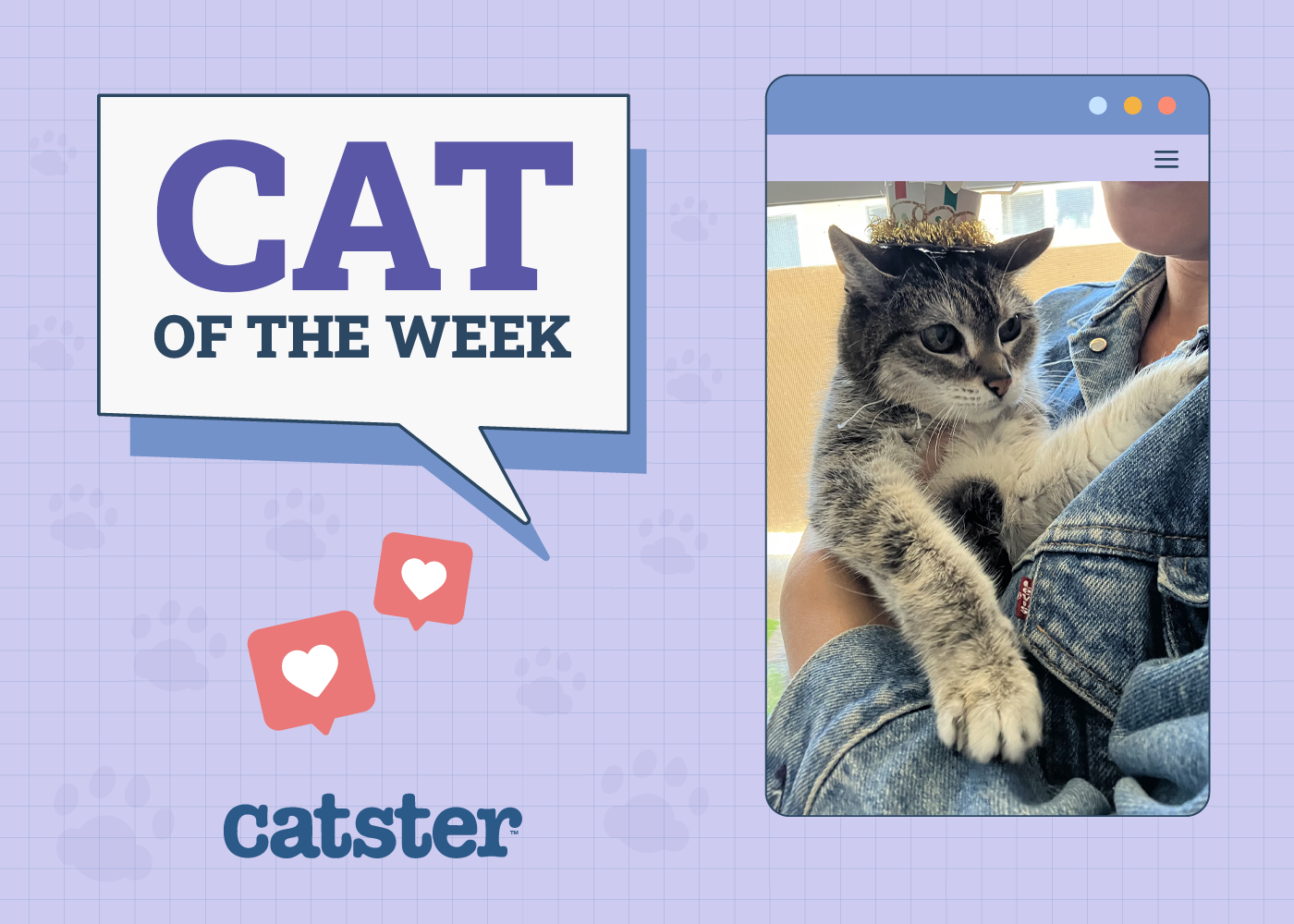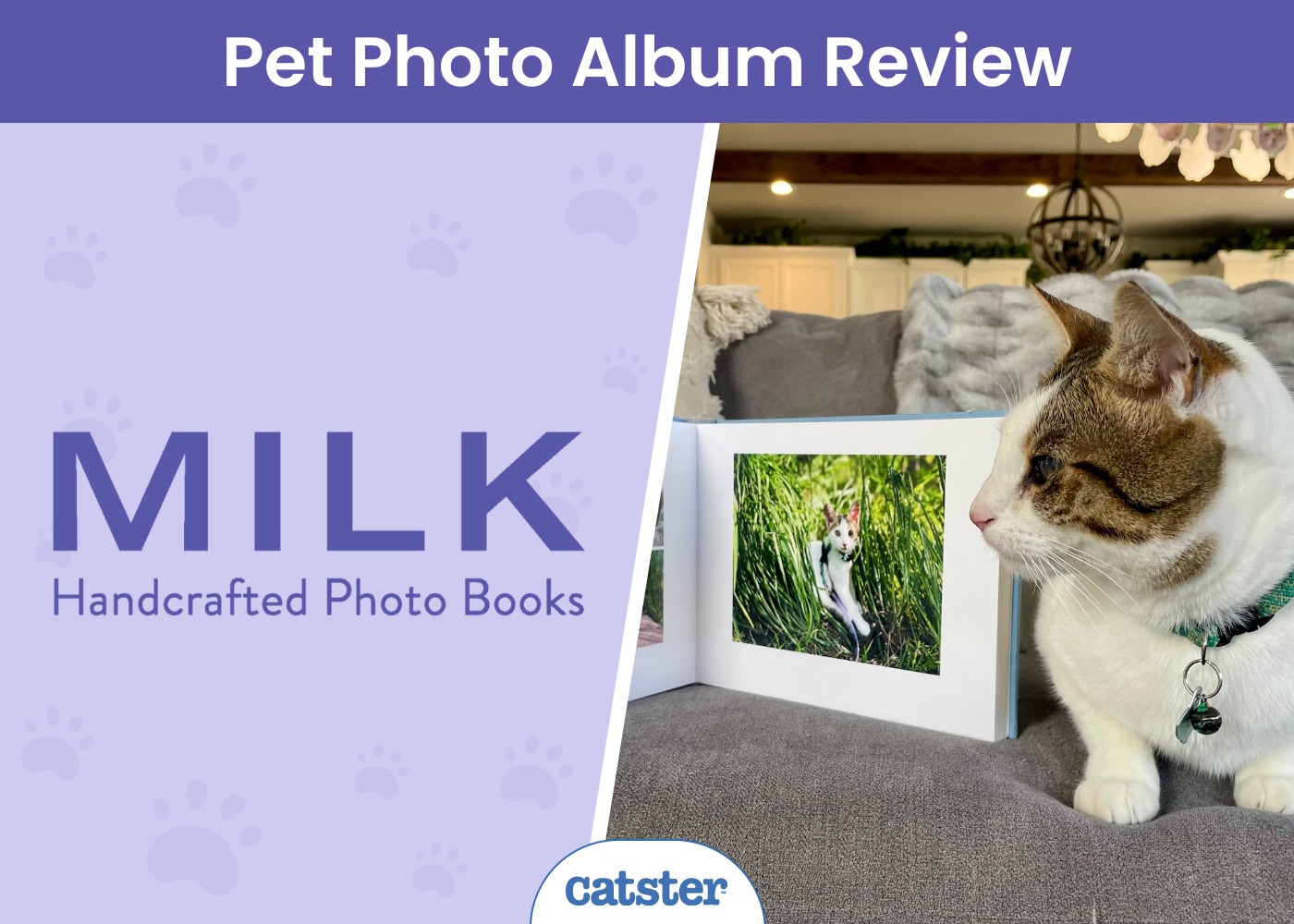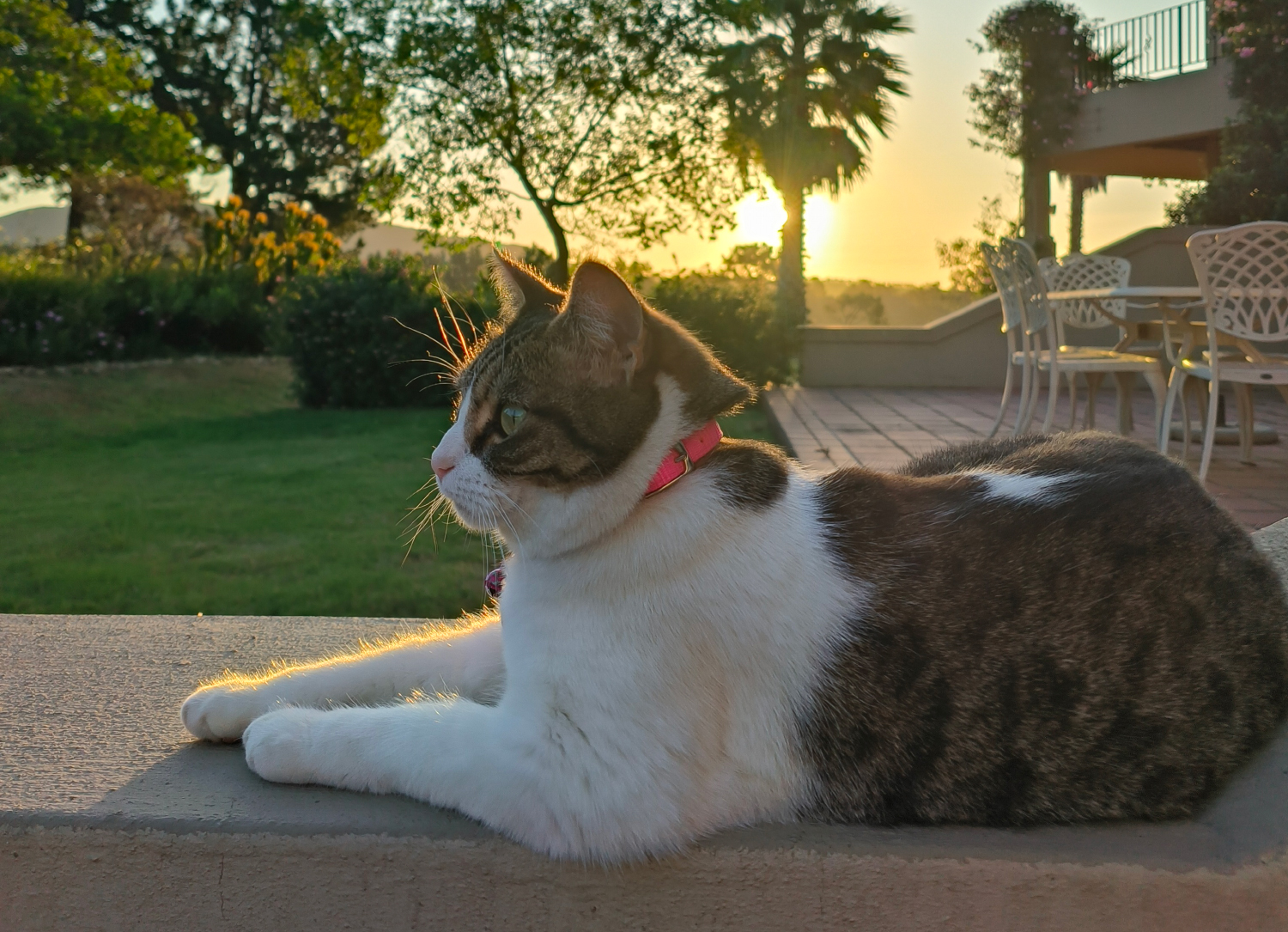Click to Skip Ahead
Some cats will eat their meals every day and barely even notice the human food around them, but others are more adventurous. If this sounds like your cat, they might want to try a nibble of pineapple. Don’t worry—cats can eat pineapple! Its health benefits are a little hard to parse, with some benefits and some drawbacks. But overall, if your cat wants pineapple, it should be okay in very small amounts.

Why Would Cats Like Pineapple?
Cats are obligate carnivores—this means they get almost all of their nutrition from meat. That’s different from humans (we are omnivores) or dogs (who need meat but also get nutrition from plants). Cats don’t need to eat plant matter, but they may still eat a small amount of it.
Many cats will chew on grasses or other plants, and some cats also enjoy snacking on fruit too.
It’s hard to see why because cats don’t have the taste buds that let them enjoy sweet flavors. The strong sweet and tangy taste of pineapple is mostly lost on them. But some cats may like to eat the foods they see their human family members eating, even if they don’t get the flavor. Cats also often like the textures of different fruits and might be curious to bite into a pineapple. Finally, cats might enjoy the juicy moisture that pineapples have.
Along with the fruit, some cats may be interested in the spiny leaves of a pineapple. They love to chew on these leaves just like they chew on grasses. Pineapple leaves are generally safe to chew on, but if you worry about pesticides lingering on the leaves, you might want to keep your cat away.
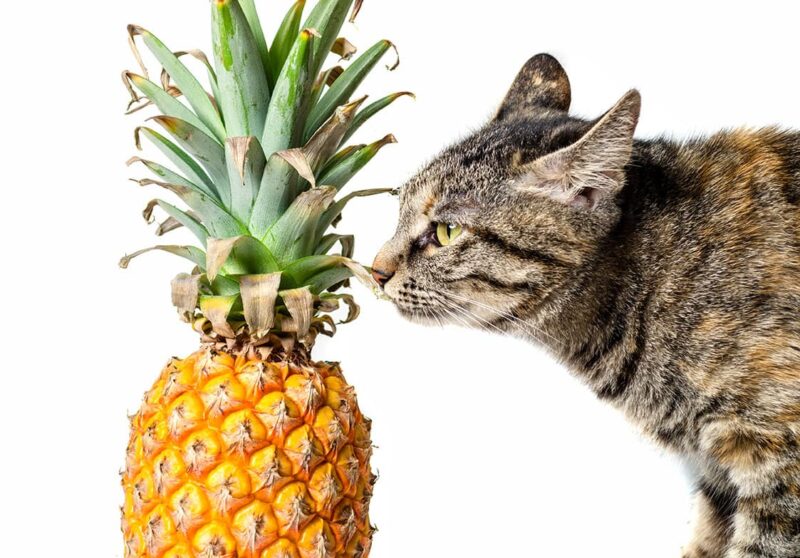
Is Pineapple Good For Cats?
Although cats don’t need pineapple in their diet, there are a few nutrients that might boost your cat’s health. Pineapple contains manganese, which helps cats digest protein better. It also contains folate and copper, which cats need to produce healthy red blood cells along with other purposes. Vitamin B6 in pineapple can help your cat with all sorts of healthy nutrient absorption, and fiber is good for helping cats’ digestive systems.
If you’re asking is pineapple good for cats, another benefit of eating it is the water content. Cats that eat dry food often struggle to get enough moisture, so added water is good. However, your cat will only be getting trace nutrients from pineapple, at least in the quantity that it’s healthy for them to eat. None of these benefits replace healthy, balanced cat food.
Drawbacks of Eating Pineapple
Those vitamins are all good, but that doesn’t make pineapple a superfood. One of the big drawbacks of eating pineapple is its sugar content. Sugar isn’t good for cats—over time, it can cause diabetes, dental issues, and obesity. Some cats also get upset stomachs from eating sweet foods. Since canned pineapple has a high sugar content, this should be avoided.
You should also be aware of filling your cat’s stomach with “empty” foods. Pineapple doesn’t have the fat and protein that your cat needs for fuel, so it should always be a supplement to your cat’s diet and not a replacement for the nutrients they need.
If you decide to let your cat have pineapple, you should only serve a small amount. A few bites of pineapple are plenty, and too much can be unhealthy.
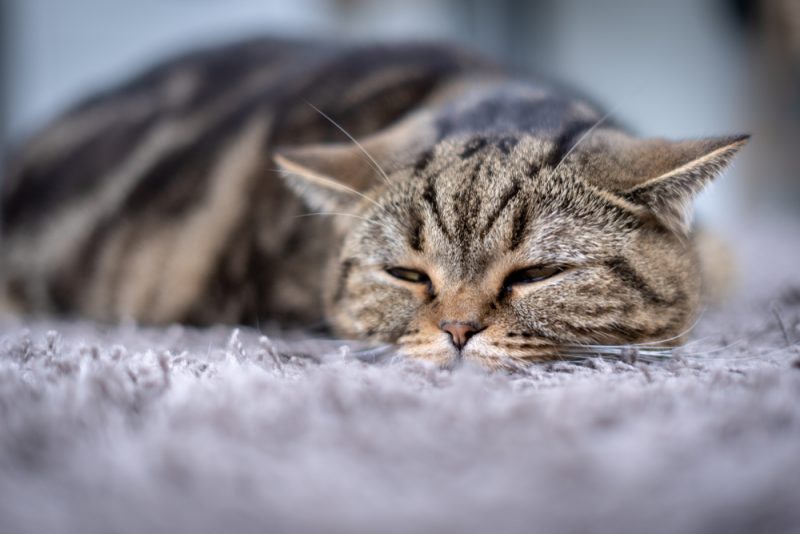
Does My Cat Need Vitamin C?
You might have noticed that we didn’t mention vitamin C when we listed possible nutrients. Pineapple is a great source of vitamin C and is very important for fending off disease and a host of other things—in humans, that is. As crazy as it sounds, cats don’t need added vitamin C in their diet because they make their own! In fact, too much vitamin C can be a problem because an excess causes buildup which may turn into kidney or bladder stones. Cats do get a trace amount of vitamin C from their food, and so a little bit of natural vitamin C in your cat’s pineapple isn’t a bad thing, but they don’t need nearly as much as humans because they can synthesize it themselves. Pretty cool, right?

Last Thoughts
As you can see, fresh pineapple is a safe food for cats, and it can even be healthy in small amounts. But that doesn’t mean that it should be a part of your cat’s diet on a daily basis. If you feed it to your cat, keep it fresh, occasional, and in small amounts.
See Also:
- Can Cats Eat Poppy Seeds?
- Can Cats Eat Vienna Sausages?
- Can Cats Eat Ham? Vet-Approved Health Benefits & FAQ

